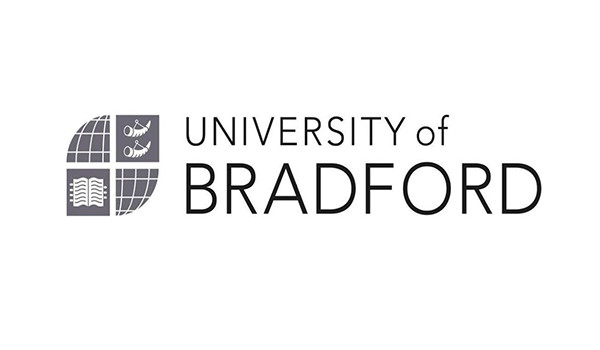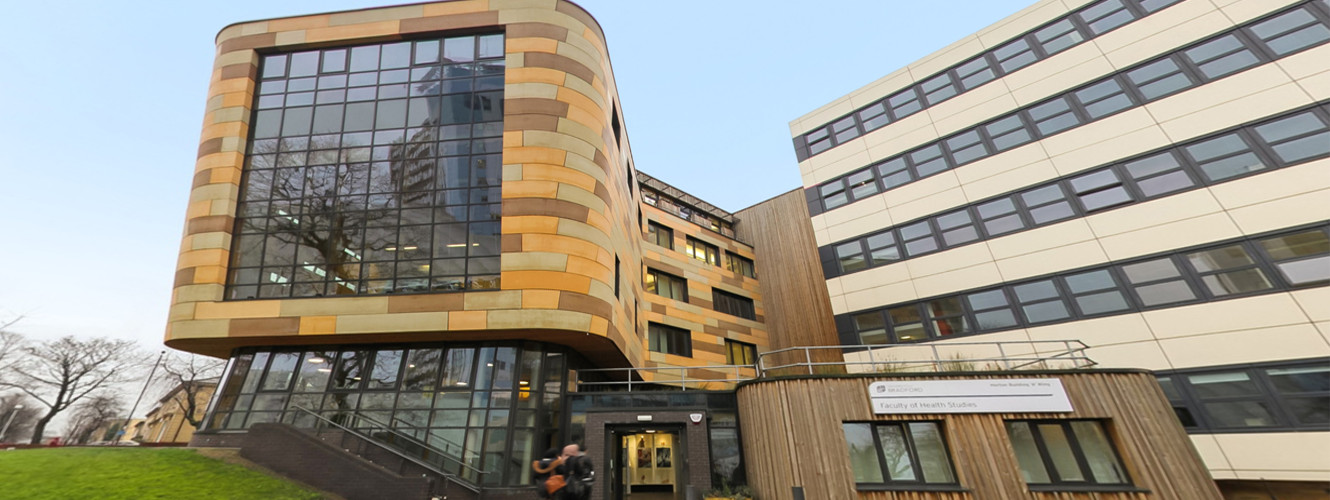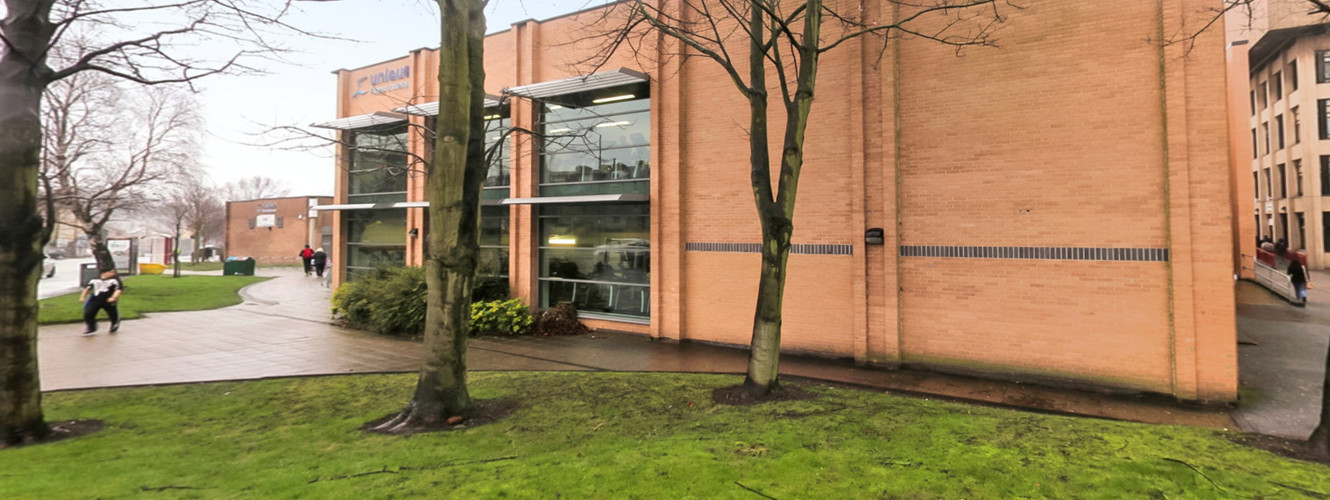UK96 MChem Chemistry - Materials Chemistry University of Bradford
-
THÔNG TIN CHUNG
Materials chemistry is a really exciting area to be involved in, as new discoveries such as nanomaterials or new functional polymers, have the capacity to make major and immediate contributions to society.
As such, a graduate in materials chemistry will be well placed to take full advantage of exciting job opportunities in new areas of materials science.
Chemistry at the University of Bradford has recognised the importance of these emerging technologies and has invested heavily in staff and expertise. In such a fast-paced sector it is important that a materials chemist receives a learning experience that is at the forefront of the discipline.
Our materials chemists are leading on the development of exciting projects in functional polymers for the detection of bacteria, the use of nanomaterials in drug delivery and the use of novel molecular organic frameworks for hydrogen storage.
The materials chemistry curriculum has been designed around a solid understanding of the fundamental science, and an appreciation of the exciting applications possible with these new materials.
During the first two years, you will develop a sound understanding of theoretical and practical aspects of chemistry, with core content delivered across the traditional areas of organic, inorganic and physical chemistry.
To give you an intellectually fulfilling experience our chemistry courses allow you to take 20 credits of elective modules in stages 1 and 2, with subjects offered from across the university’s teaching portfolio such as mathematics, engineering, economics and more.
In the third year we will introduce you to specialist content in medicinal, materials and analytical chemistry. You will also have the opportunity to study a specific subject to a greater depth during an extended dissertation.
It is possible to exit after stage 3 with a BSc (Hons) in Chemistry.
In the Master's year you will develop a deeper understanding of the application of chemistry to solving real-world problems. Master's-level training focuses on deploying training in real-world settings. Academic research experience involves students working on their own project as part of a research team alongside postgraduate and postdoctoral researchers at the University.
Professional accreditation
Students can apply for membership of the Royal Society of Chemistry (RSC).
-
CƠ HỘI NGHỀ NGHIỆP
Biological chemists examine a wide range of biological processes, biomolecules and biological agents. As a biological chemist, you could end up investigating the effects of a neurotoxin on cell structure or molecular structure. Or, solving the structure of a large protein involved in Alzheimer’s disease.
You could be researching the molecular basis of disease and then synthesizing a drug to treat that disease. And, there is even room for those who like computers, where you could be using supercomputers to analyse biological systems at the molecular and atomic-level to inform drug design. There really is a wide-range of opportunity.
Medicinal chemists examine new ways to create drugs we’ve not yet seen. This can cover a whole host of molecule types: small organic drug molecules, peptide-based drugs, peptidomimetics, and even bioinorganic drugs.
As a medicinal chemist you will be working with biologists and synthesizing new drug molecules to treat disease. You will need to have a good understanding of biology to design drugs that can interact with key biomolecules in our bodies. Some medicinal chemists learn to harness biological systems, such as enzymes, to extract natural products and create semi-synthetic drugs.
Chemists are attractive to employers both for the skills that they offer directly related to their specialism, and for the professional skills that they have developed through study of the discipline. The range of careers available to chemists is vast – take a look at the Royal Society of Chemistry careers guide to get some ideas.
- ĐIỀU KIỆN ĐẦU VÀO
- ĐIỀU KIỆN NGÔN NGỮ
- HỌC BỔNG
- ĐỊA ĐIỂM
Tóm tắt
-
Phí ghi danh
0
-
Độ dài khoá học
4 năm
-
Kỳ nhập học
Tháng 9
Phí Cơ Bản
-
Loại Tiền
-
Học Phí
Trên năm -
Phí Sinh Hoạt
Trên năm -
Tổng






